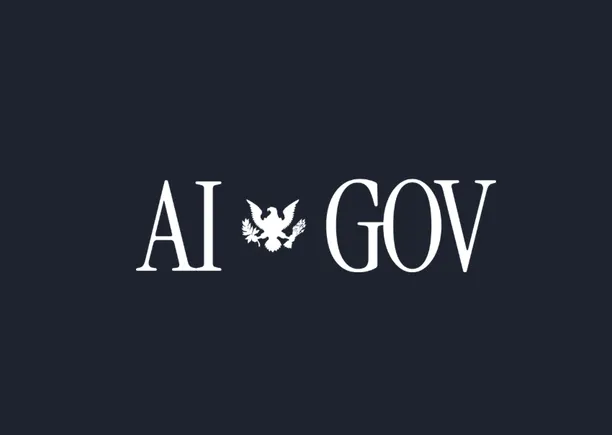
"Artificial intelligence will play a critical role in how Americans of all ages learn new skills, consume information, and navigate their daily lives."
"Americans will require reliable outputs from AI, but when ideological biases or social agendas are built into AI models, they can distort the quality and accuracy of the output."
"One major AI model changed the race or sex of historical figures when prompted for images because it was trained to prioritize DEI requirements."
"Another AI model refused to produce images celebrating the achievements of white people, even while complying with the same request for people of other races."
The U.S. is committed to maintaining its leadership in artificial intelligence, aiming to decrease dependence on foreign technologies. This approach may challenge copyright holders, as Trump indicates that developers can't be expected to pay for every resource used. AI is expected to significantly influence learning, information consumption, and daily life for Americans. However, inherent biases in AI models can compromise output quality, as seen in cases where these models misrepresented historical figures or selectively acknowledged achievements based on race.
Read at Social Media Today
Unable to calculate read time
Collection
[
|
...
]